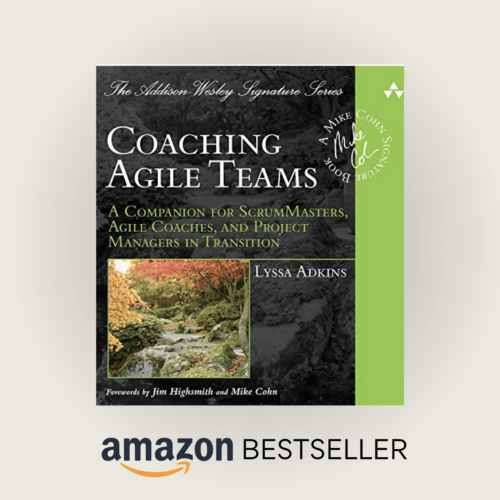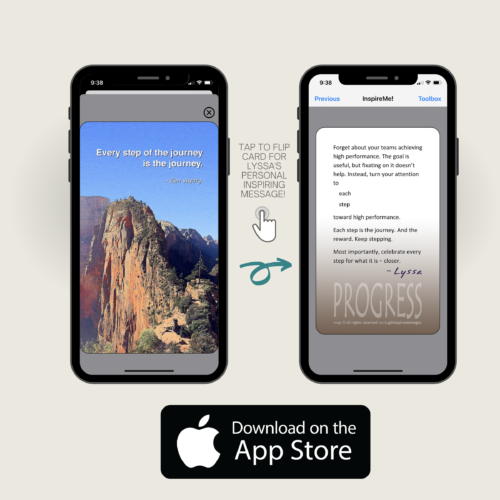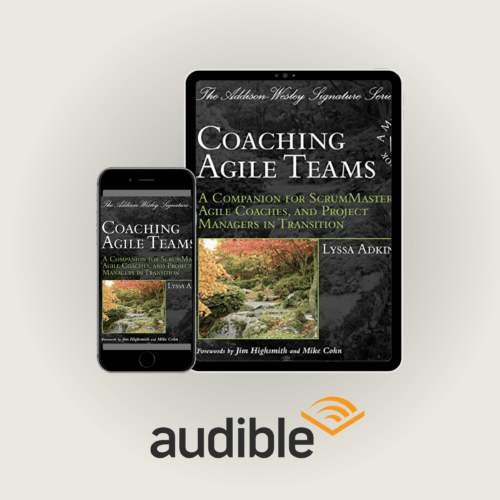Description
4+ Hours of Video Instruction
Coach of agile coaches and agile trainer Lyssa Adkins teaches the skills, tools and mindsets agile coaches need to guide their teams to extraordinary performance in a re-energized agile work environment.
In 8 lessons, Coaching Agile Teams LiveLessons covers how to become a good agile coach, change the mindsets and behaviors needed to do the coaching job well, prove that your work adds value, help others fully occupy their agile roles, make agile meetings purposeful and productive, navigate conflict on teams, and foster collaboration within the team to develop great ideas.
This LiveLessons video covers material not included in the in-person Coaching Agile Teams training course offered by the Agile Coaching Institute. This video is a great way for you to develop your skills or compliment the skills you’ve already developed if you’ve taken the in-person training course.
Lesson 1
The question explored in this lesson is, “How do I become an agile coach?” To answer this question, the lesson addresses the skills, knowledge areas and personal development needed to become a good agile coach, as well as pathways to develop your agile coaching skill from a one-team ScrumMaster or coach to an enterprise agile coach. This lesson also introduces you to the notion that good agile coaching includes “being” as well as “doing.”
Lesson 2
Tackling the question, “What mindsets need to change?” this lesson reveals the six key mindsets from plan-driven management that need to be upgraded to do agile well and meet the reality of today’s business environment. This lesson stares some long-held beliefs in the face and holds them up to the stark light of day, so take it easy as you work through the lesson.
Lesson 3
“What behaviors need to change?” is the central question of this lesson in which you work with the critical skills of self-awareness and self-management as well as learn the specific agile-enabling behaviors you need to adopt to do well as an agile coach.
Lesson 4
This lesson tackles the question on many agile coaches’ minds, “How do I prove my value?” In this lesson, you learn how to measure your value as an agile coach, know where you are in your own journey toward becoming a great coach and be able to recognize and speak to the specific value you add.
Lesson 5
“How do I help the agile roles become fully occupied?” is the rocky terrain covered in this lesson. We go role-by-role so you can learn how to develop other ScrumMasters/agile coaches as well as help product owners and managers step fully into their roles so that agile can work well.
Lesson 6
As we explore the question, “How do I make agile meetings purposeful and productive?” you learn how to facilitate the agile meetings so that they achieve their full purpose and productivity. We go meeting by meeting and get specific about how to facilitate stand-up, sprint planning, sprint review and retrospectives. This lesson also introduces you to the facilitation mindset and teaches you how to take that mindset on as you help each meeting be completely useful.
Lesson 7
“How do I change negative or repressed conflict into something productive?” is the theme of this lesson in which you face conflict head-on. You learn how to diagnose the level of conflict, help the team de-escalate destructive conflict and learn how to work with complaints. Finally, this lesson presents a new view of conflict as a positive force for change rather than something to be resolved or “managed.”
Lesson 8
Cooperation and collaboration are the subject of this lesson as we explore the question, “How do I help the team come up with great ideas?” In this lesson, you learn how to help the team see the difference between cooperation and collaboration. You learn how to teach them to be good individual cooperators and, if needed, how to build their own collaboration muscle.





